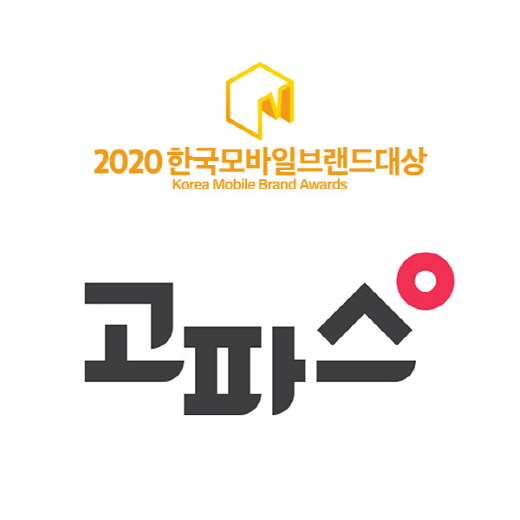Cover of the 2021 KU Diversity Report Summary in English. Provided by the Diversity Council.
By Lee Sang-jun and Naama Benamy Schoneveld
In March 2022, the Korea University (KU) Diversity Council released the Diversity Report, continuing its third-year tradition since its establishment by President Chung Jin-Taek in 2019. Published in Korean, the report delves into education, research, and school culture, and analyzes KU’s efforts towards diversity over the past three years. The report’s content covers the enhancement of diversity, the creation of a culture where everyone is respected, and the methods taken to support people that understand the concept of diversity. It also details the general view of diversity in the school, the ecological diversity index, the perception of diversity programs, socioeconomic diversity acceptance, and satisfaction with campus life of the university among students and faculty.
Collecting responses from an unknown number of undergraduate and graduate students, faculty and staff members, as well as 1000 outsiders with connections to KU, the Diversity Council presented information from a survey conducted in June 2021. Many categories assessed in the report showed an overall positive increase in diversity, such as higher satisfaction rates of lower income students who received more scholarship opportunities. Another positive increase was the higher acceptance rates of female students overall in KU, as well as a more balanced ratio of male to female students achieved in the College of Life Sciences & Biotechnology and the College of Education.
The Diversity Council’s efforts have resulted in them receiving the 2021 CODE Diversity Award, which rewards organizations that promote openness and inclusiveness, however, more work must be devoted in order to increase KU’s progressiveness. Within the report, the Diversity Council mentions that KU hired a higher percentage of female faculty members, but the actual number of newly hired faculty members is less in 2021 than in previous years, meaning less female faculty members were hired in actuality. Furthermore, KU staff claimed in the report to not have been able to properly communicate with the university’s foreigner population, which widened the gap of foreign-to-domestic hires.
It is clear that more work has to be done in the matter of inclusivity in KU. However, the existence of the Diversity Council as well as its efforts to find the root of the problem are clear indicators that there will be more steps taken to tackle discrimination on campus.
출처 : 고려대학교 고파스 2025-09-23 11:14:52:
import_export
|
고대뉴스 N 따끈따끈한 학내 소식을 전합니다. |
새로고침 | 로그인 |

|
익명 GT | 등록일 : 2022-05-14 00:42:20 | 글번호 : 12430 | 0 584명이 읽었어요 모바일화면 URL 복사 |
|
[NEWS] Diversity Council Releases its “2021 Diversity Report”
|
|
|
| 새로고침 | 목록보기 |





| 댓글을 작성하실 수 없습니다. (권한이 없는 회원레벨) |
| 목록보기 |
 |
캠퍼스프렌즈 | 대표 : 박종찬 서울 강남구 테헤란로70길12 402-418A 사업자 등록번호 : 391-01-00107 |
02-925-1905 e-mail : kopapa@koreapas.com 고파스 소개 | 이용약관 | 개인정보취급방침 | 이용문의 | FAQ |




